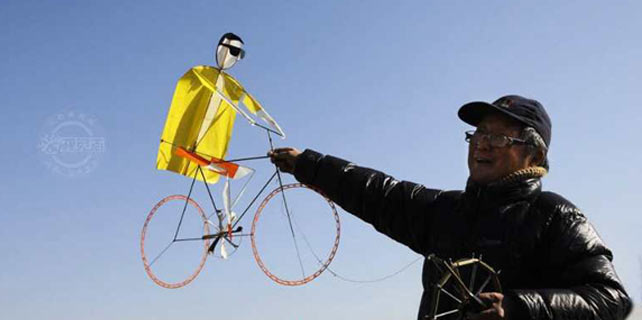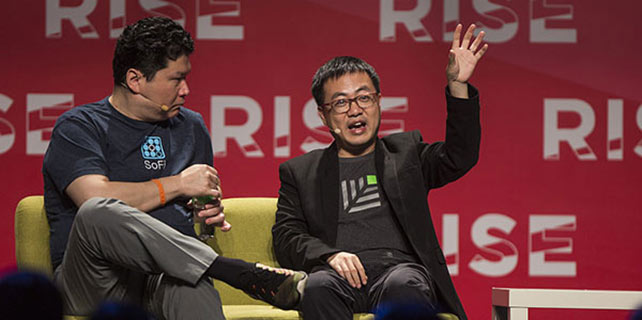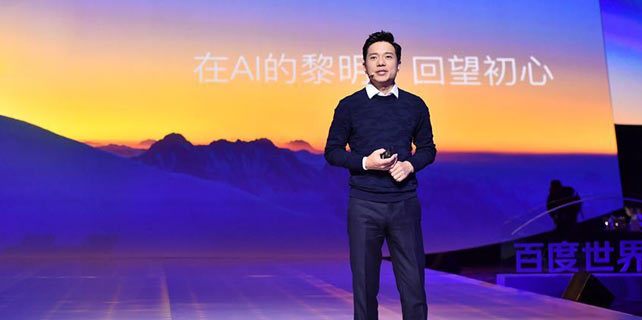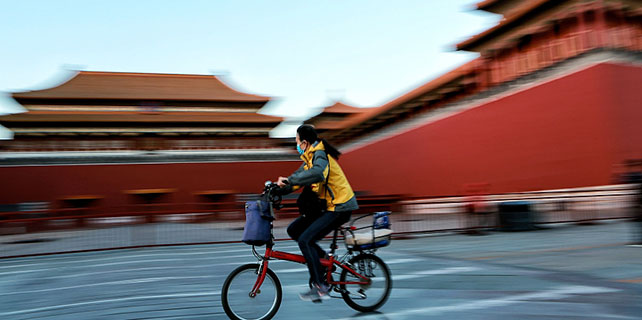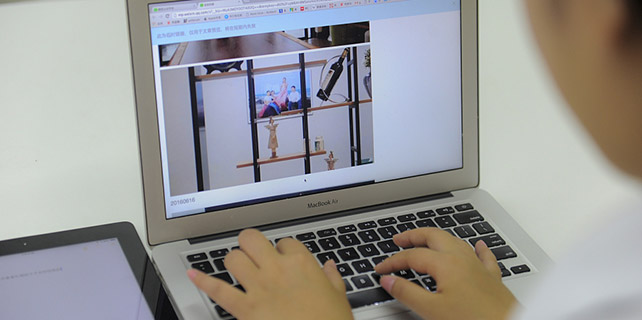'New, old economies are complementing each other'
Harvard and Stanford University-educated Jing Ulrich has had an impeccable career in both the US and Asia Pacific financial markets, with leadership roles covering the Chinese mainland's business sector.
 |
|
Jing Ulrich, JPMorgan Chase’s Asia Pacific chief, has made a name for herself in organizing business summits aimed at getting foreign investors to know more about China’s investment climate and opportunities. PROVIDED TO CHINA DAILY |
Currently vice-chairperson of Asia Pacific at JPMorgan which she joined as managing director 12 years ago, Ulrich has shaped herself up as a recognized authority on both inbound and outbound Chinese investments.
She thinks China's new economy is basically backed by vibrant service sectors like tourism, logistics and healthcare, which account for 52 percent of GDP, while the manufacturing sector makes up 40 percent. The consumption sector contributed 65 percent of GDP growth in the first three quarters of this year.
Continued strong performance in the services industry has made it an important pool for the economy by creating higher skilled and paid jobs, and the government is also very supportive of the development of high-tech sectors, including aerospace, new materials and agriculture.
Ulrich believes the new economy sectors could help revitalize the growth potential of those of the old economy, rather than compete with them, explaining developing more technologies can help traditional manufacturing become more operational, professional and environmental-friendly. Producing clean energy is high on the agenda of the government and rapid development of modern logistics and transportation statistic systems will benefit the entire supply chain of the manufacturing firms by increasing the speed and reducing the cost of goods delivered.
In the medium term, she thinks the old economy, including property and industrial businesses, is still important for growth, but is in danger of a bubble. The task is to improve their productivity and efficiency ratios and bring down the liability ratios.
For the new economy, she cites the consumption sector as one of the bright spots, as enterprises are betting on the affluent middle class. By 2020, the number of households earning $24,000 annually is expected to double to 100 million, making up 30 percent of urban households. The consumer economy will expand very rapidly in the next five years.
Ulrich remains bullish about e-commerce as the digital transformation of the past decade has created the world's largest e-commerce market, and rising internet access will continue to encourage Chinese consumers to shop digitally. China's e-commerce market accounts for half of the worldwide retail e-ecommerce sales at present.
The health and wellness sector is also high on her list, capitalizing on China's demographic trends and a rapidly aging population, which will drive up demand for hospitals, medicines and healthcare and wellness services.
As for the sharing economy, Ulrich is upbeat about the benefits it will bring, such as maximizing returns on investments through greater utilization and producing revenue streams for assets.
The country's sharing economy exceeded $500 billion last year, with more than 600 million people involved in sharing activities, revolutionizing business models in many industries. Several prominent areas include travel, cars, finance, music and videos.
The government expects the sharing economy to grow to 10 percent of the GDP by 2020, according the State Information Center.
According to Ulrich, China is the clear leader in financial technology in Asia, and collaboration is the way forward for banks and fintech.
JPMorgan Chase is very much involved in fintech, having set up a financial solutions lab in conjunction with a center for financial services innovation. Having supported more than 18 fintech companies by providing funding, the lab has a $30-million operating budget to identify, test and scale innovations over five years.
tingduan@chinadailyhk.com




